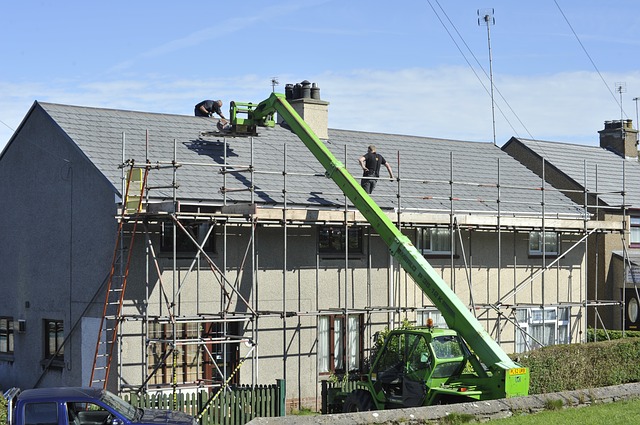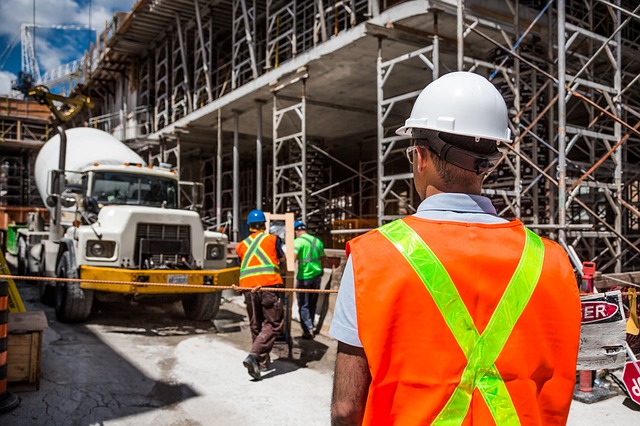Many start-up construction companies these days make the mistake of not equipping themselves appropriately for the task at hand and end up feeling the sting of such a choice when they hit the job and find that it is ten times more difficult than they thought it would be.
Tools and equipment are made for a reason and that is to take the strain away from construction work among other benefits, yet often people believe they will cut costs by just using the basics.
There are many reasons why labourers should be making good use of the equipment available and the first and foremost reason is safety. Ensuring that the correct equipment is used will certainly save any worker from injury at some point or another and, likewise, the hiring company a lot of costs in compensation for such injuries.
Using tools such as scaffolds, for instance, ensures that there is a proper grounds to ensure that workers are provided the safest environment possible to work in and minimalizes the risk of injury tenfold.
In fact, scaffolds are a perfect example to use for the next reason which is ‘productivity’.
A good way to consider it is whether someone juggling a ladder around, with a limited reach while having to constantly climb up and down to move the ladder to the next spot will achieve more, or someone who can move much more freely on a scaffold would have more success.
Productivity certainly skyrockets when the right tools are implemented, which in turn allows for more work to be done, ergo more profit in the long run. To put it simply; more work done equals more pay and proper equipment equals more productivity.

The same can be posed for the reasoning of efficiency. Can the person using a screwdriver do a better job, while having to constantly screw in things manually or would the person using a drill be more successful?
Using the proper equipment can allow less room for human error and more room for perfection on a job.
On top of all of this reasoning, there is a much higher chance of improving worker moral and therefore their own personal productivity on site when they know they are using good equipment and are in a safer working environment.
Yet another reason, which is perhaps more of interest to the bosses is that using the correct equipment for the job certainly allows for a higher profit in the long run and lots of money saved on replacement tools.
Cheaper, less quality materials will always wear down faster with time and use and it is the exact same for any tools or equipment used in the process. In the long run, instead of buying twenty screwdriver replacements for those that have been broken, lost or ‘misplaced’ on site, purchasing one single drill could cut the risk in half.
All in all, each of these reasons will not only be better for the workers on site, but for everyone involved in the construction process; including the hiring company, managers, supervisors, etc.
If saving money is all that is sought after, even then, the right equipment should be purchased. It is an extremely short term cost that is going to improve the morality, safety, productivity, efficiency, likelihood of cost build-ups, etc.
Lastly but certainly not leas of all, using the right equipment most definitely improves the reputation of any company, as the workers look happier and people are more likely to see them as far more professional than, say, a group of men yelling and swearing because their bosses didn’t provide them with the right tools.






